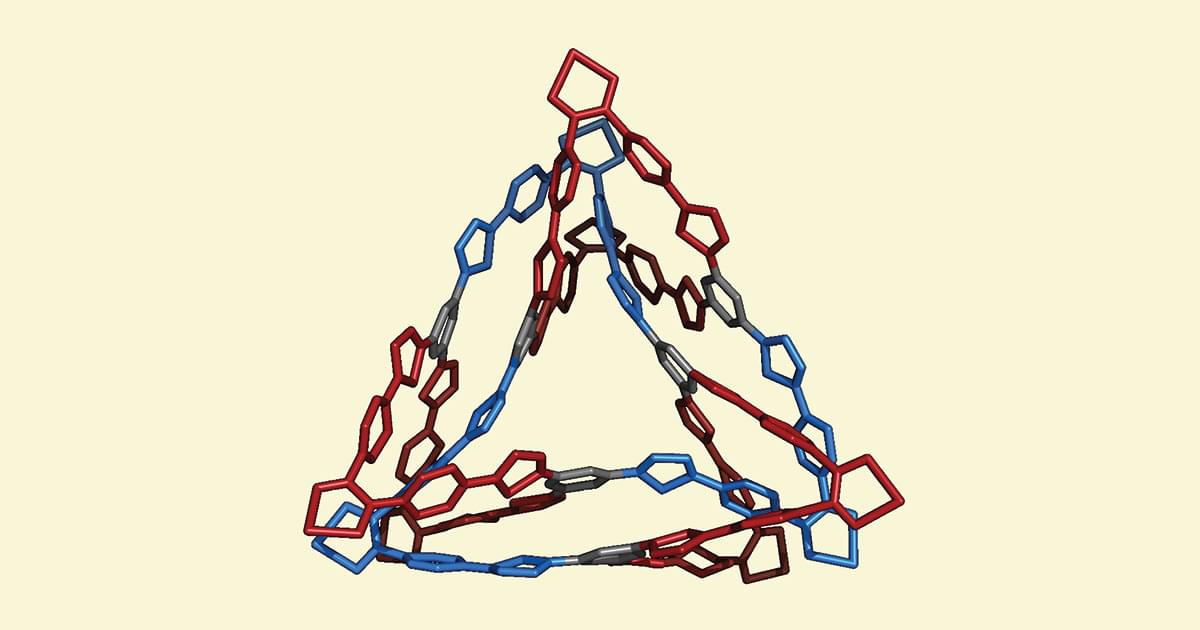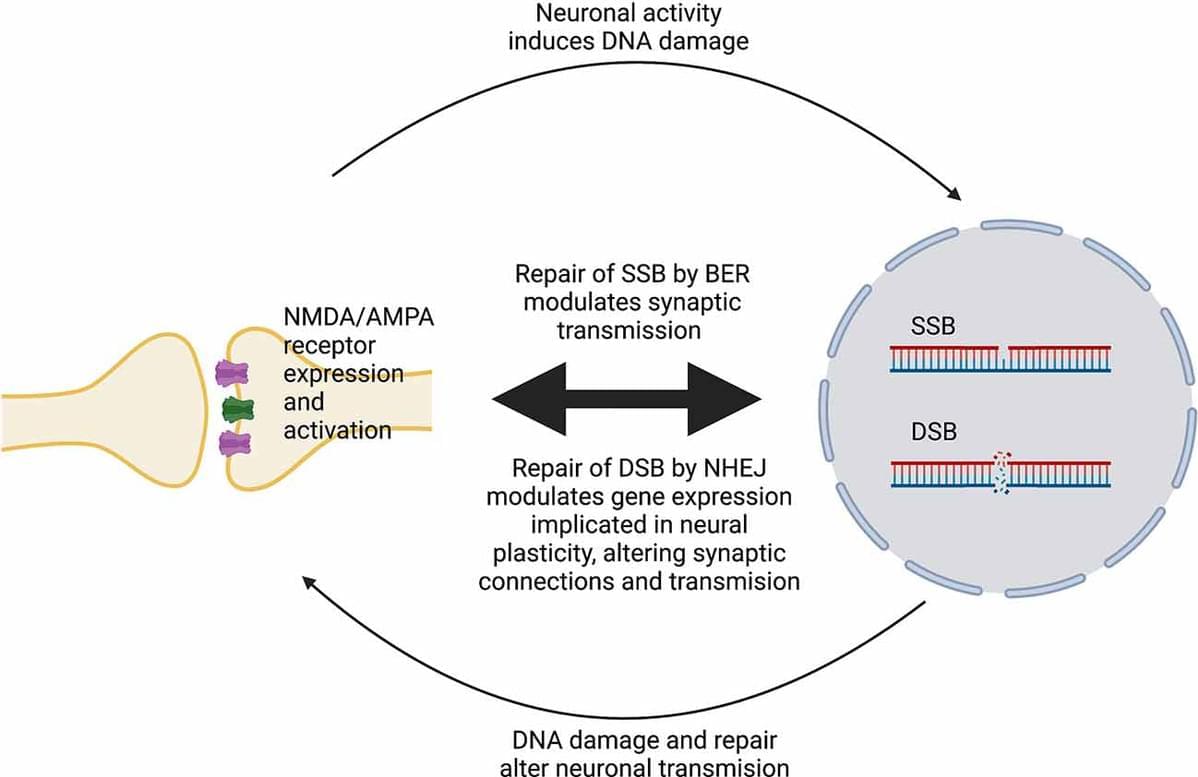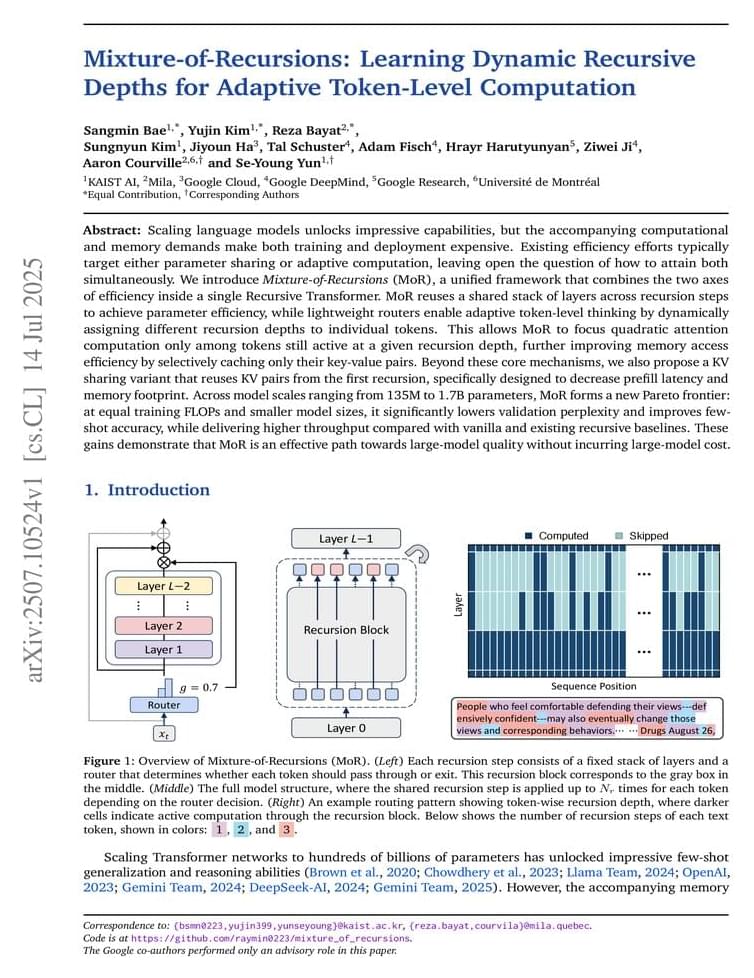Zirconium helps to weave entangled nanocarbon cages in high yields


An international research team led by the Photonic Network Laboratory at the National Institute of Information and Communications Technology (NICT, President: TOKUDA Hideyuki Ph.D.), and including Sumitomo Electric Industries, Ltd. (Sumitomo Electric, President: INOUE Osamu) have set a new world record in optical fiber communications, achieving data transmission at 1.02 petabits per second over a distance of 1,808 kilometers (roughly equivalent to the distance from Sapporo to Fukuoka, from Missouri to Montana or from Berlin to Naples).



Researchers at the Korea Advanced Institute of Science and Technology (KAIST) have developed energy-efficient NPU technology that demonstrates substantial performance improvements in laboratory testing.
Their specialised AI chip ran AI models 60% faster while using 44% less electricity than the graphics cards currently powering most AI systems, based on results from controlled experiments.
KAIST researchers develop energy-efficient NPU technology that runs AI models 60% faster while using 44% less power than current GPU systems.


View recent discussion. Abstract: Scaling language models unlocks impressive capabilities, but the accompanying computational and memory demands make both training and deployment expensive. Existing efficiency efforts typically target either parameter sharing or adaptive computation, leaving open the question of how to attain both simultaneously. We introduce Mixture-of-Recursions (MoR), a unified framework that combines the two axes of efficiency inside a single Recursive Transformer. MoR reuses a shared stack of layers across recursion steps to achieve parameter efficiency, while lightweight routers enable adaptive token-level thinking by dynamically assigning different recursion depths to individual tokens.

This message will self-destruct in 3… 2… 1 is something you’ve definitely seen in Mission: Impossible films over the years.
Now, we finally have tech that feels just as futuristic, thanks to a new kind of storage hardware.
Taiwanese company TeamGroup has unveiled a new internal SSD that can literally destroy itself at the press of a button, ensuring sensitive data never falls into the wrong hands.
The device, called the P250Q-M80, is aimed at sectors where top-tier data security isn’t just a perk, it’s a necessity. We’re talking defense, industrial automation, AI development, and maybe even the crypto wallet you hold.
TeamGroup showcased the drive at Computex 2025, where it took home a Best Choice Award in the cybersecurity category.
